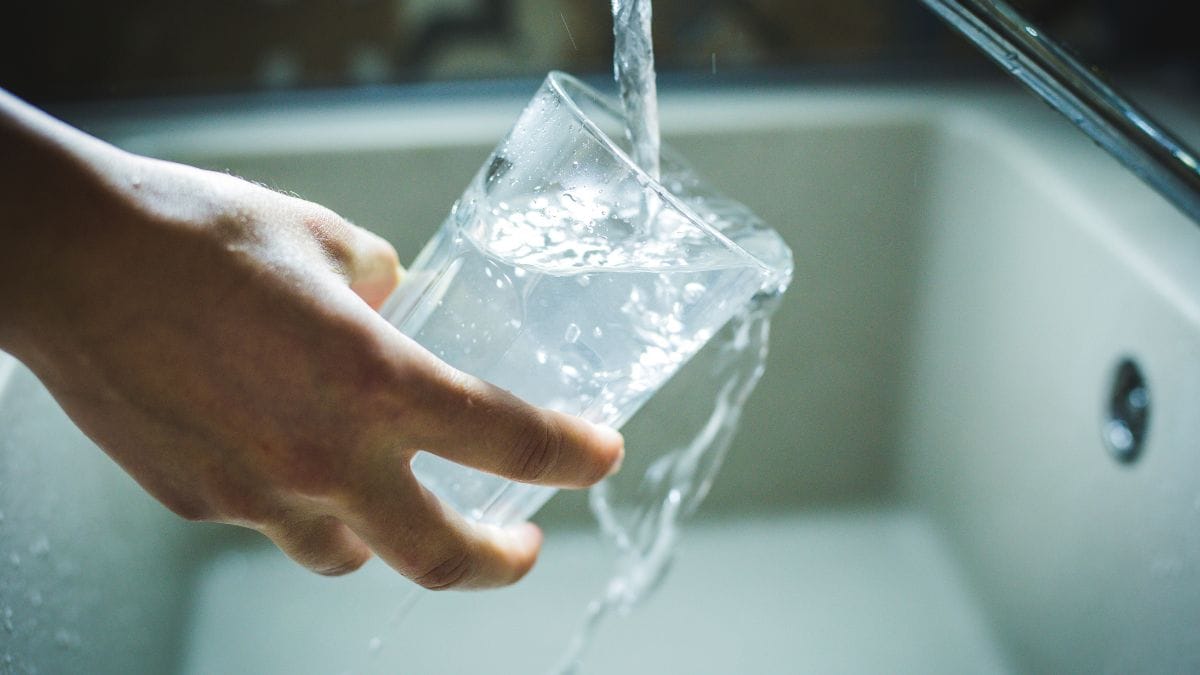Staying hydrated is one of the simplest yet most important things we can do for our health. Every organ in the body, from the brain to the heart, depends on adequate fluid intake to function correctly. Most people meet their hydration needs by drinking water throughout the day. However, in recent years, IV hydration therapy has gained popularity as an alternative or supplemental method to restore fluids and essential nutrients quickly. It raises an important question: Is IV hydration actually better than drinking water?
Let’s take a closer look at how these two hydration methods compare, what their benefits are, and when IV hydration might be the better choice.
Understanding How the Body Absorbs Water
When you drink water, it passes through your digestive system before entering your bloodstream. The stomach and small intestine absorb fluids gradually, allowing your body to regulate how much water it retains. This process is efficient, but it takes time—usually several hours—to fully rehydrate after fluid loss.
In most cases, the body’s natural absorption process works perfectly fine. However, certain factors, like excessive sweating, illness, alcohol consumption, or dehydration caused by intense physical activity, can slow down recovery. When dehydration becomes moderate to severe, oral hydration might not be enough to replace lost fluids and electrolytes quickly.
What Is IV Hydration?
IV hydration, or intravenous hydration therapy, involves delivering fluids directly into the bloodstream through an IV drip.
Because the solution bypasses the digestive system entirely, it provides immediate hydration and nutrient absorption.
This method has been used in hospitals for decades to treat dehydration caused by illness, surgery, or medical conditions. In recent years, it has also become popular in wellness clinics and mobile IV therapy services. Many people now use IV hydration to recover from hangovers, jet lag, exhaustion, or to boost energy and immune support.
Comparing the Two: IV Hydration vs. Drinking Water
1. Speed of Absorption
The most significant difference between the two methods is how quickly they rehydrate the body. IV hydration works almost instantly because fluids enter directly into the bloodstream. Drinking water, on the other hand, takes time to pass through the digestive system.
2. Nutrient Delivery
IV hydration offers more than just fluids. Most IV solutions include a mix of electrolytes, such as sodium, potassium, and magnesium, and often vitamins like B12 or vitamin C. These nutrients help replenish what the body loses through sweating or illness.
Water alone hydrates but doesn’t contain these additional nutrients. Unless you’re drinking electrolyte-enhanced beverages or taking supplements, your body won’t get the same nutrient boost as it would from an IV drip.
3. Digestive Health
For individuals with digestive issues, nausea, or vomiting, drinking water can be uncomfortable or even impossible. IV hydration is an effective alternative because it bypasses the digestive tract altogether. That makes it especially useful for people recovering from stomach viruses, food poisoning, or other conditions that cause dehydration and prevent proper fluid intake.
4. Convenience and Accessibility
Drinking water is obviously easier, cheaper, and more accessible. You can hydrate anywhere, anytime, and it’s free from side effects or medical risks. IV hydration, while effective, requires professional administration and sterile equipment. It’s usually performed at clinics or through licensed mobile IV services.
5. Long-Term Hydration
For daily hydration, nothing replaces the importance of consistently drinking water. IV therapy provides rapid results but isn’t a substitute for regular fluid intake. Your body still needs water to maintain balance, support digestion, and flush out toxins naturally.
Think of IV hydration as a powerful short-term solution, ideal for recovery or special circumstances, but not as a replacement for your daily hydration habits.
When IV Hydration Might Be the Better Option
While most people can stay hydrated simply by drinking enough water and eating a balanced diet, there are situations where IV hydration is more beneficial:
- Severe Dehydration: Caused by illness, heat exhaustion, or intense physical exertion.
- Hangovers: IV therapy can quickly replenish lost fluids and electrolytes while delivering vitamins that ease symptoms.
- Jet Lag or Fatigue: A hydration boost can help restore energy and focus.
- Athletic Recovery: After long workouts or marathons, IV fluids help replace nutrients lost through sweat.
- Illness Recovery: For those who are too nauseous to drink or have gastrointestinal issues.
In these cases, IV hydration offers a level of rapid replenishment that drinking water alone can’t match.
The Bottom Line
So, is IV hydration better than drinking water? The answer depends on your situation.
For everyday hydration, water remains the best and most sustainable choice. It’s natural, cost-effective, and ideally suited for your body’s daily needs. However, when you’re severely dehydrated, recovering from illness, or in need of fast nutrient delivery, IV hydration provides significant advantages.
It’s not a matter of one being universally better than the other; it’s about using each method appropriately. IV hydration acts as a supportive tool, not a replacement, for regular hydration habits.
Professional IV Hydration in a Safe, Medical Setting
If you’re considering IV hydration, it’s essential to choose a trusted and medically supervised provider. YA Medical offers professional IV hydration services designed to restore balance, energy, and hydration safely and effectively. Their team of trained healthcare professionals ensures every treatment is customized, whether you’re recovering from fatigue, dealing with dehydration, or seeking an extra boost of wellness.


